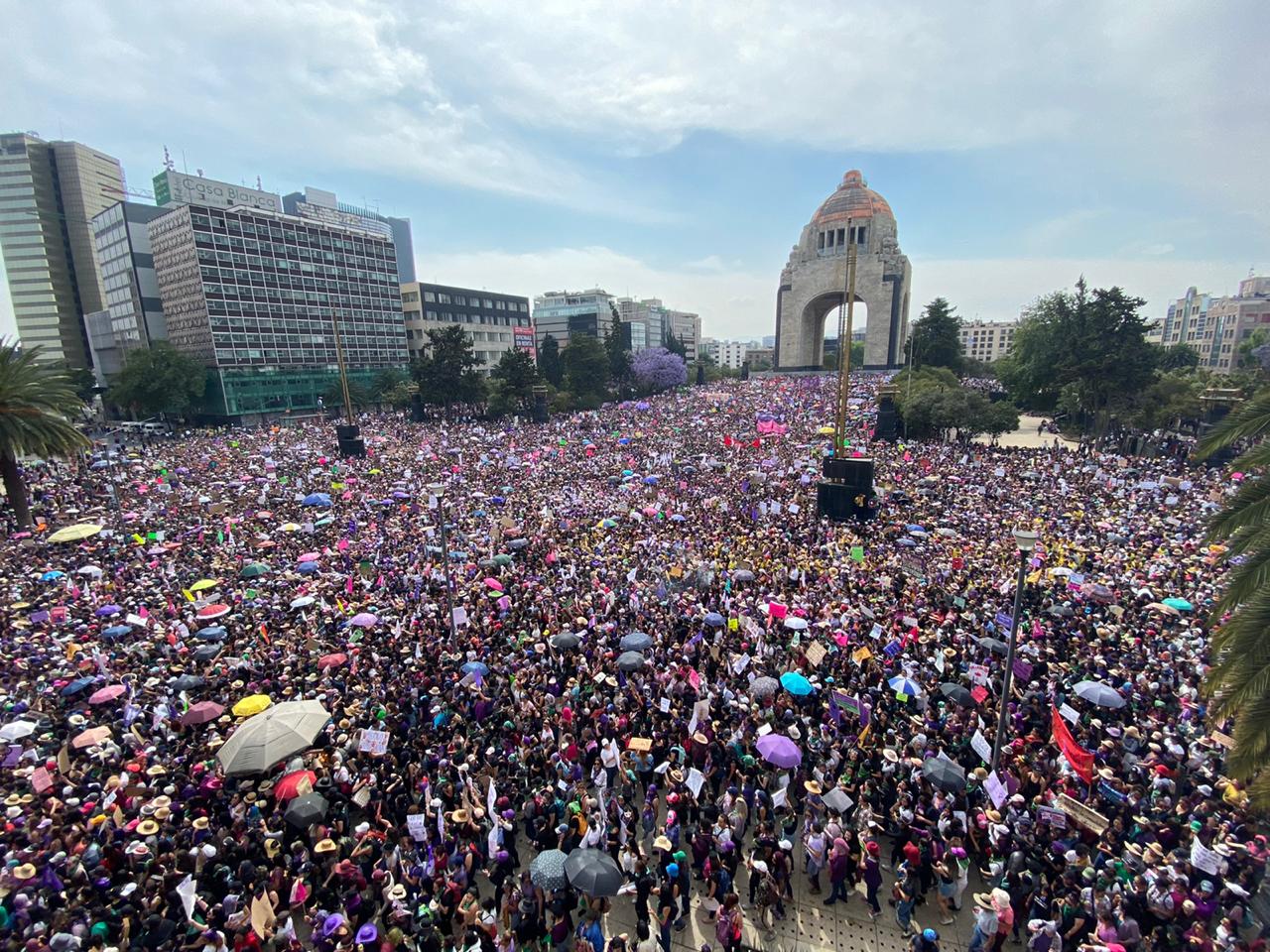On Sunday, thousands of women protested in the streets of Mexico City, demanding a stop to the growing problem of femicide in Mexico. Femicide – the killing of a woman because of her gender – is also a hate crime. According to some estimates, the demonstration on Sunday, which coincided with International Women’s Day, was one of the largest of its kind in Mexico’s history.
Melissa del Bosque is a freelance investigative reporter based in Mexico City. She says women are continuing the demonstration through Monday, which has made the city feel like a ghost town.
“A general women’s strike has been called for today in Mexico, so a lot of businesses, universities, schools are shut down today in solidarity,” del Bosque says.















